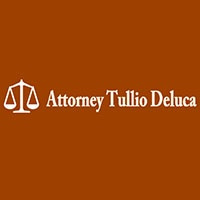 Kingsley Reorganization Lawyers, Pennsylvania
Kingsley Reorganization Lawyers, Pennsylvania
Not enough matches for Kingsley Reorganization lawyer.
Below are all Kingsley Bankruptcy & Debt lawyers.
Sponsored Lawyers
1-10 of 15 matches
Bankruptcy & Debt, Accident & Injury, Divorce & Family Law, Employment, Estate
Tullio DeLuca was admitted to bar in 1990 in Pennsylvania, US District Court, Middle, Eastern and Western Districts of Pennsylvania. Attorney DeLuca represents debtors and creditors in Chapters 7, 11, 12, and 13 bankruptcy proceedings, bankruptcy loan workouts, and foreclosure proceedings. His experience also includes reviewing mortgage and loan documents, analyzing and reviewing individual and corporate finances for loan workouts, debt counseling, conducting closings, reviewing closing documents, and determining sufficiency of security and lien interest. He has also represented individuals successfully in estate planning matters, formulating a comprehensive plan and preparing the necessary documentation such as wills, trusts, powers of attorney, living wills, buy-sell agreements, stockholder agreements, and partnership agreements.
(more)




